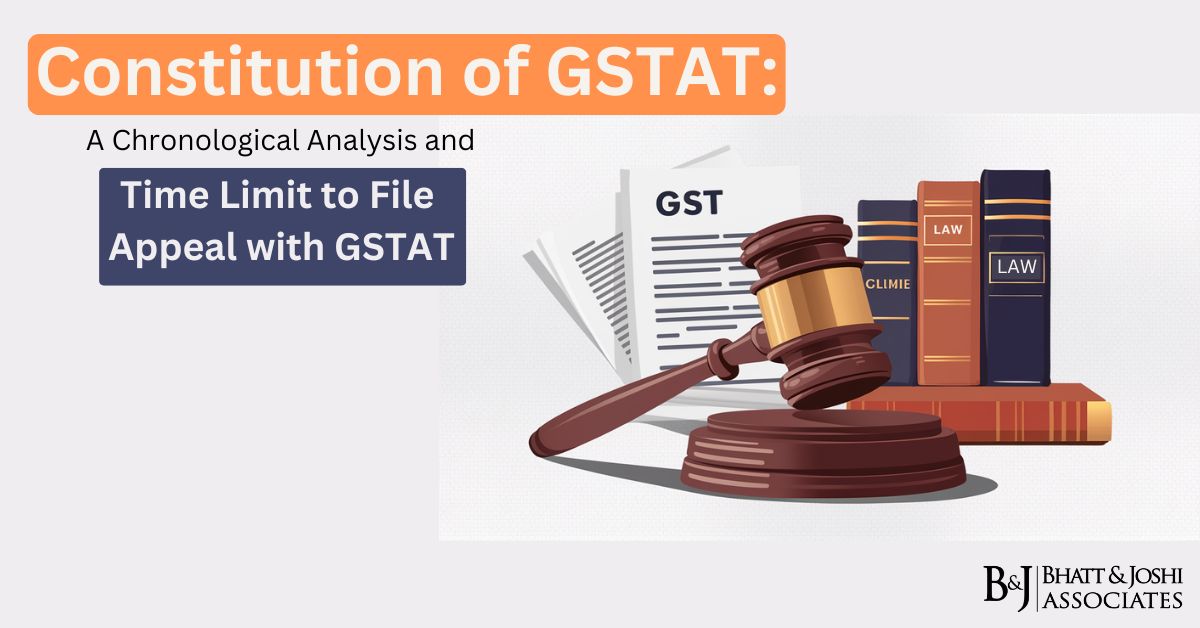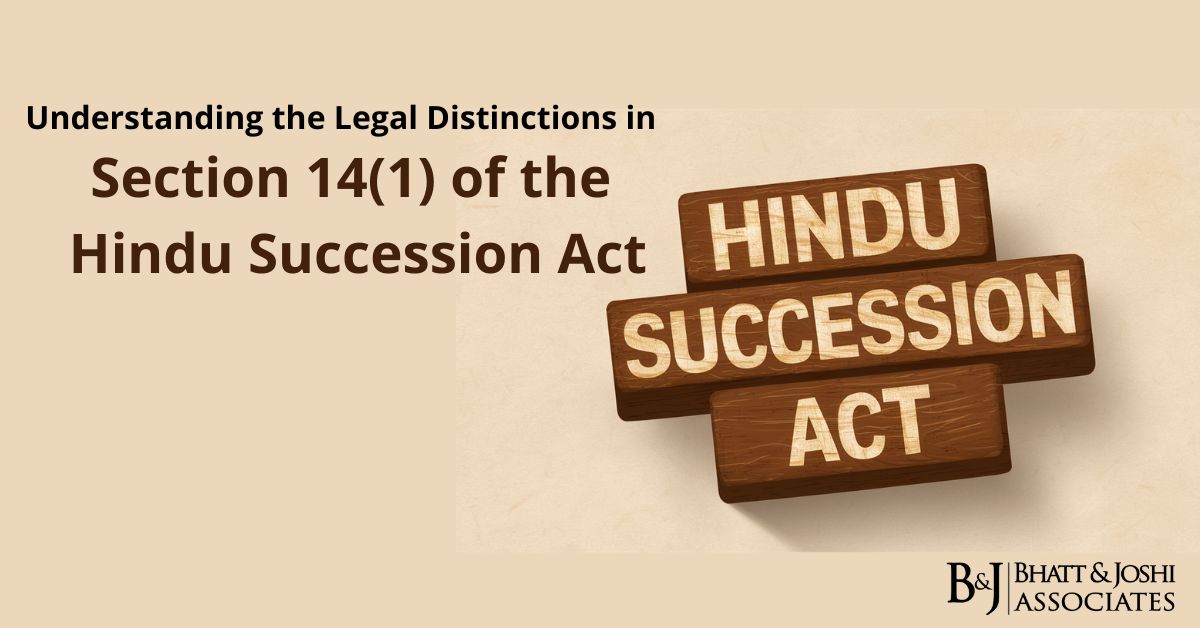Introduction
The recent Supreme Court judgment in the case of Rita Dwivedi vs. The State of Himachal Pradesh & Ors. has brought attention to the legal intricacies surrounding guardianship rights of an elder sister over her younger sibling. The court clarified that an elder sister does not inherently possess the legal right to exercise elder sister’s guardianship unless a specific court order is obtained, dismissing a habeas corpus petition and highlighting the importance of adhering to proper legal procedures in family matters.
Background
The petitioner, seeking the production of her younger sister, initiated legal proceedings through a habeas corpus petition in the Himachal Pradesh High Court. The case revolved around allegations of unlawful detention and plans to relocate the younger sister to Canada by another sister and her husband. Despite the High Court’s involvement and disposal of the plea, the petitioner escalated the matter to the Supreme Court.
Court’s Observations in Elder Sister’s Guardianship
A bench comprising Justices Aniruddha Bose and Sanjay Kumar addressed the complexities of the case, asserting that a habeas corpus petition was not the appropriate legal avenue for the petitioner’s grievance. The court highlighted the need for a formal court order, stating, “There is no legal right of an elder sister to exercise guardianship over her sister except when there is an order from a Court of competent jurisdiction.”
Legal Significance of Elder Sister’s Guardianship
The judgment underscores the legal precedent that siblingship alone does not confer automatic guardianship rights. The court emphasized the necessity of following due process and obtaining a court order to establish guardianship. This decision sets a clear guideline for similar cases, ensuring that legal rights, especially pertaining to family matters, are established through proper legal channels.
Pathway for the Petitioner
While dismissing the habeas corpus petition, the Supreme Court did not leave the petitioner without recourse. The court granted the petitioner the liberty to seek guardianship through appropriate legal channels if the facts of the case justified such action. This approach aligns with the court’s commitment to justice while upholding the importance of adhering to proper legal procedures.
Legal Procedures and Family Matters
The judgment reiterates the significance of legal procedures in family matters, emphasizing that emotions and familial relationships should be complemented by formal legal processes. It reinforces the idea that legal rights, such as guardianship, must be sought through the established legal framework to ensure clarity, adherence to the law, and the protection of the rights of all parties involved.
Conclusion: Elder Sister’s Guardianship Verdict
In concluding the case, the Supreme Court’s ruling brings attention to the nuanced nature of guardianship rights within familial relationships. By clarifying that an elder sister must obtain a court order for guardianship, the court has provided legal clarity while also acknowledging the need for a balanced approach in family matters. The decision promotes the proper application of legal procedures, ensuring a fair and just resolution to disputes involving familial relationships.














